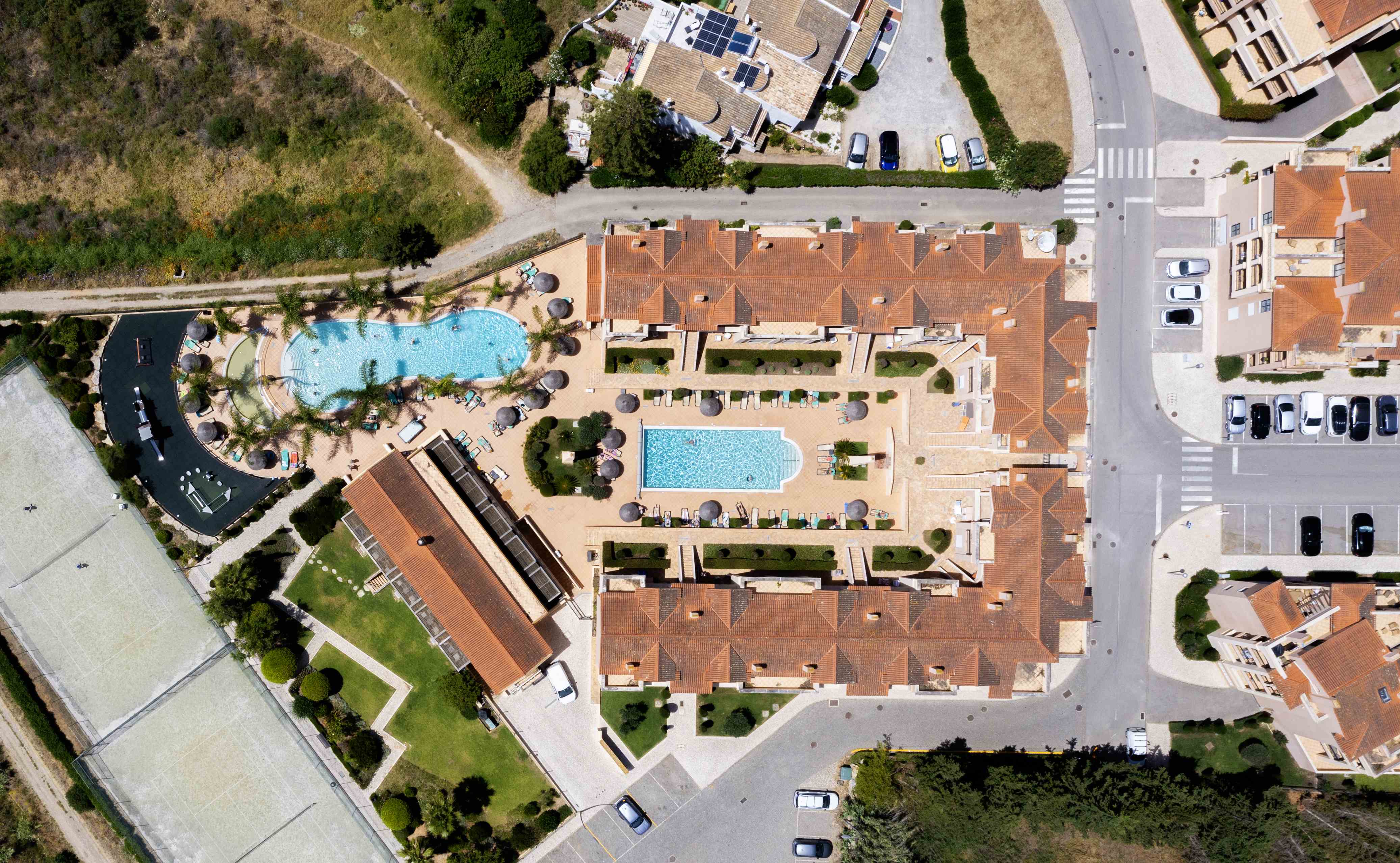Renovation & Energy‑Efficiency Incentives in 2025 – Unlocking Value in Algarve Homes
Renovation Incentives
Portugal offers a range of tax incentives, grants and financing schemes for property owners who renovate or improve their homes. These programmes aim to revitalise aging housing stock, promote energy efficiency and enhance living conditions (supercasa.pt). Renovation support is available to owners, condominium members, tenants and public entities, helping to modernise both urban and rural properties.
Tax Relief for Rehabilitating Properties
Investors renovating homes in officially designated urban rehabilitation areas (ARUs) can benefit from generous tax breaks:
- IMI (municipal property tax) exemption for three years, renewable for two more years.
- IMT (property transfer tax) exemption when purchasing a property for rehabilitation.
- Reduced VAT rate of 6 % on rehabilitation works (vs. the standard 23 % VAT).
- Personal income tax deductions of up to 30 % of renovation expenses.
These incentives lower the cost of upgrading older properties, making projects like restoring a historic townhouse in Lagos or converting a farmhouse in the Barrocal region financially attractive.
Energy‑Efficiency Grants and Vouchers
Several national programmes specifically fund energy‑efficiency improvements:
- Efficiency Voucher: provides €1,300 for families benefiting from the social energy tariff to replace windows, improve insulation, upgrade heating or install solar panels.
- E‑Lar Programme: supports the acquisition of energy‑efficient appliances and electrification of household systems, particularly for vulnerable families.
- More Sustainable Buildings Support Programme: offers grants for installing solar panels, efficient windows and thermal insulation; demand was so high that the programme was reinforced in 2025.
- National Fund for the Rehabilitation of Buildings (FNRE): finances structural renovations and energy upgrades in older properties, prioritising projects that create affordable housing.
At the local level, municipalities may provide additional incentives such as fee exemptions, technical support, direct grants and credit lines.. Homeowners should check the programmes available in their municipality (e.g., Lagos, Portimão or Silves) to maximise support.
Why Energy‑Efficient Upgrades Pay Off
Investing in energy efficiency can yield returns beyond the grant itself:
- Lower energy bills and improved comfort. New insulation, efficient windows and photovoltaic panels reduce heating/cooling costs and make homes more comfortable year‑round.
- Higher property values. In a market where the average house price reached €1,845 per m² in the 12 months to March 2025 (a 22 % year‑on‑year increase)(idealista.pt), energy‑efficient homes stand out. Coastal hotspots such as Lagos, Loulé and Albufeira command over €3,000 per m², so upgrades can substantially increase resale value.
- Attracting eco‑conscious tenants and buyers. Modern travellers and residents look for sustainable features; energy‑efficient properties often secure higher rental yields and faster sales.
- Compliance with future regulations. Policymakers are prioritising energy efficiency in new housing measures (dwfgroup.com); renovating now ensures properties meet future standards.
Combining Incentives with Market Opportunities
The government’s broader housing strategy emphasises building and renovating 59,000 homes, streamlining licensing and offering public guarantees and credit‑support programmes. Investors who pair these renovation incentives with the favourable tax environment can turn dated properties into highly desirable rentals or holiday homes.
For example, a 1980s villa in the Algarve might qualify for IMI and IMT exemptions if it is in an urban rehabilitation area. Adding solar panels, new insulation and A+ rated windows could be partly financed through the More Sustainable Buildings grants and the Efficiency Voucher. After refurbishment, the villa could command higher rents in a region where tourism occupancy hit record levels earlier this year (as reported in AHETA’s hotel statistics discussed in a previous B&P blog).
Next Steps for Algarve Property Owners
- Assess your property’s eligibility. Check whether your home is in an urban rehabilitation area or qualifies for municipal incentives.
- Plan energy upgrades strategically. Prioritise improvements (windows, insulation, solar panels) that align with available grants and offer the best return on investment.
- Consult professionals. Energy audits and architectural advice ensure that renovation works comply with local regulations and maximise incentives.
- Work with local experts. B&P Real Estate can connect you with trusted contractors, energy‑efficiency specialists and legal advisers to navigate applications and maximise benefits.
Conclusion
With property prices continuing to rise and sustainability high on the agenda, 2025 is an excellent year to invest in renovation and energy‑efficiency upgrades. Portugal’s generous tax relief and grant programmes can significantly reduce the cost of improving a home, while the benefits, lower bills, higher valuations and increased market appeal, are long‑lasting.
Contact B&P Real Estate to learn how these incentives can enhance your Algarve property portfolio.




















